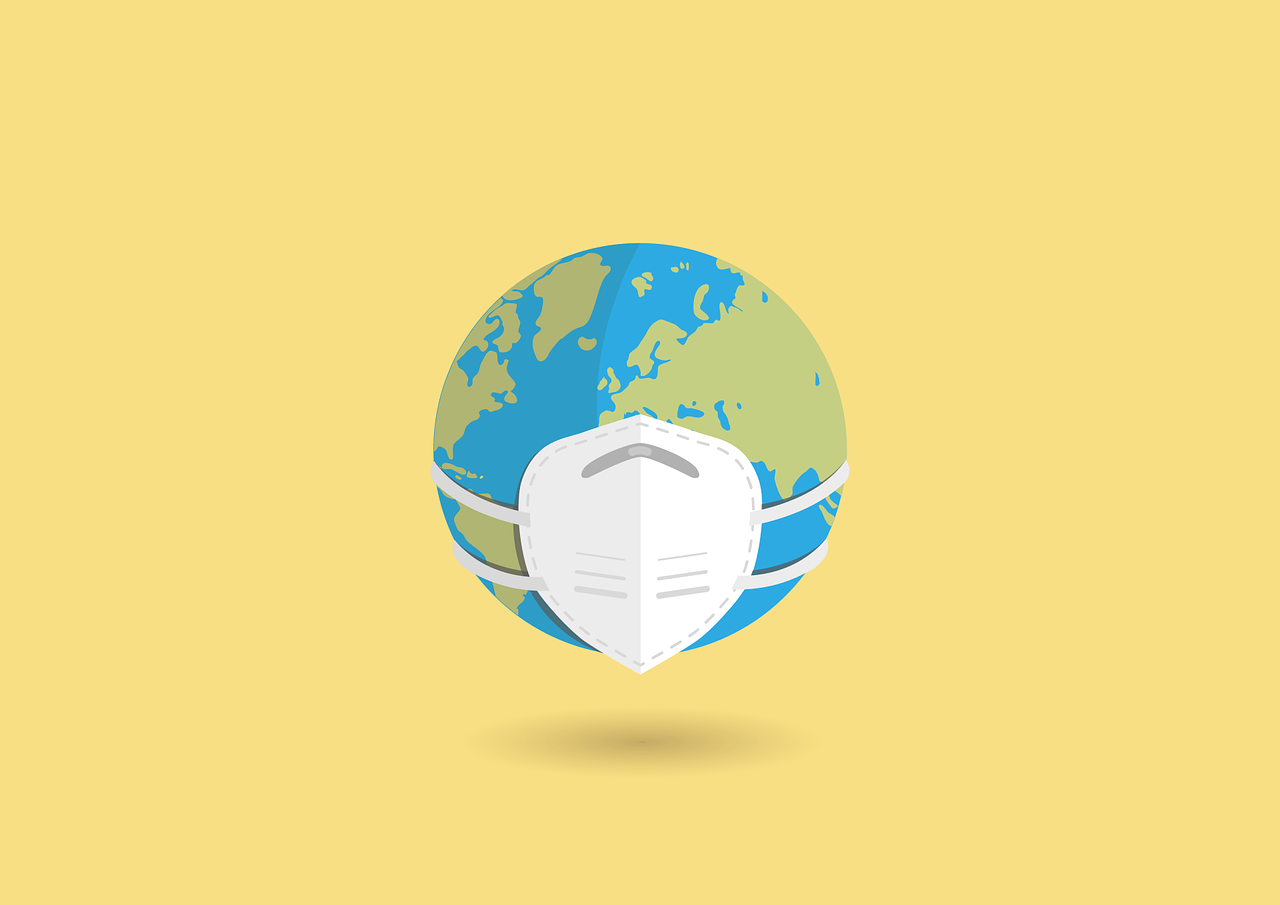The following is a Q&A about masks and COVID-19 taken directly from the WHO website. It discusses the WHO’s stand on the use of non-medical, fabric masks, whether they should be worn by the general public, among other concerns related to the topic.
Indiscriminate use of masks is not necessary, and no less than the WHO has confirmed this fact.
WHO’s statement about mask wearing is clear – it should be used by health workers, by individuals who exhibit COVID-19 symptoms (those who are sick), by individuals who are caring for someone who is sick with COVID-19, and people over 60 who have pre-existing medical condition. The WHO also says that widespread use of non-medical fabric masks should only be encouraged in areas where there are many cases of COVID-19, and if physical distancing of at least 1 meter is not possible.
WHO also cautions about the use of gloves by people in the community, and suggests that the best way to prevent the spread of COVID-19 is still hand hygiene and physical distancing.
Editor’s Note: In many countries around the world, masking is not yet mandatory. While infections cases continue to increase, the number of deaths and patients in severe conditions are decreasing. We add this article from WHO to emphasize a point – that many of the decisions being made today are no longer logical. The unfortunate reality is that these illogical policies are now causing undue suffering for many people.
In the Philippines, we are required to wear masks everywhere, except inside our homes. Businesses are required to put up barriers, and they are only allowed to operate at 30-50% capacity. Our jeepneys (a major mode of transportation in many parts of the country) can only accommodate 8 passengers instead of the usual 16. Each passenger is enclosed in a plastic barrier, all while wearing a mask. Restaurants have also instituted a physical distancing measure, with many allowing only one person to eat at each table. Masks cannot be removed unless one is about to eat.
And yet today, our coronavirus infections are now at more than 50,000 cases. Some hospitals are declaring “full capacity” and are no longer accepting patients. One would think that this is a cause for panic. But just yesterday, our health secretary said that we “bent the curve” since April. His basis? The doubling time of cases has slowed, and there is a marked decrease in mortality – a fact that we have been pointing out as early as April [see Briefing Paper for details]. Of course no one believed him, his reputation has already been tarnished early on in the pandemic, and a lot of people believed the narrative that COVID-19 is deadly. No one bothered to look at the data he was referring to – but everyone was ready to pitch in their own ideas of why he was wrong.
Now imagine if he said that we should no longer be requiring people to wear masks, because the WHO says that there is no hard scientific basis for its widespread use.
Clearly, there are so many inconsistencies with the current coronavirus narrative. Unfortunately, many of us are frozen in fear, stopping us from thinking critically. Even our government leaders are not immune to this. But we need to recover ourselves. If COVID-19 is a true disease, and the coronavirus is here to stay, we cannot keep operating like this. We must find ways to adapt, and to overcome. We have to get our critical minds churning again, and we must remember our values as a society [read END THE LOCKDOWNS! Stop It Outside By Ending the Lockdowns Inside Us].
Are the coronavirus response implemented by our governments supporting or impeding our community values? Or are we satisfied with just breathing, in exchange for our personal freedoms?
Read Online
Click the button below if you wish to read the article on the website where it was originally published.
Read Offline
Click the button below if you wish to read the article offline.
